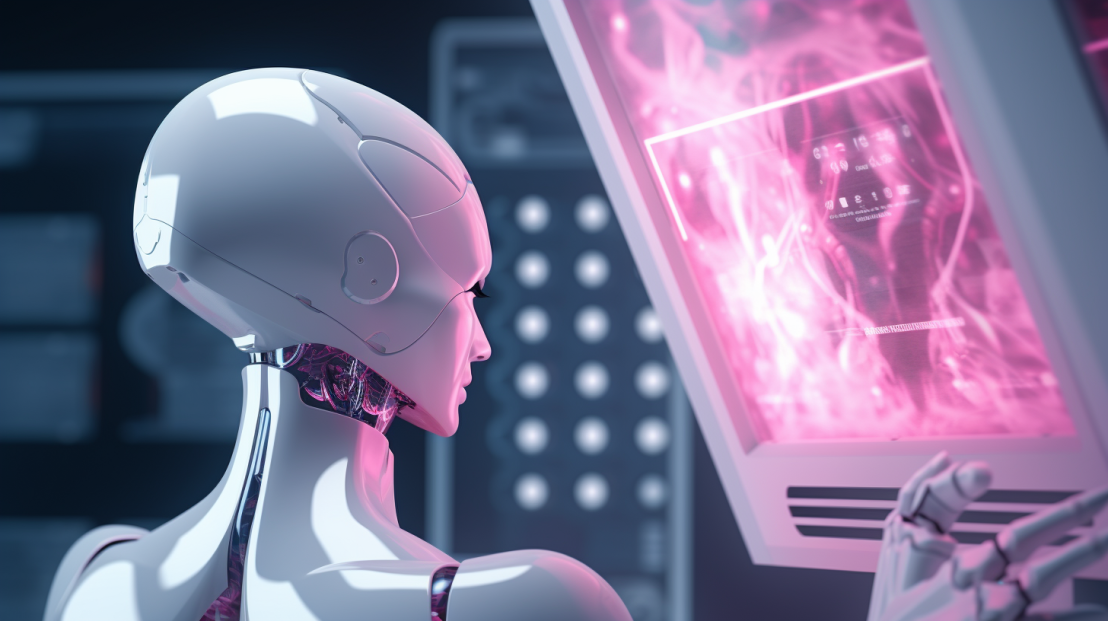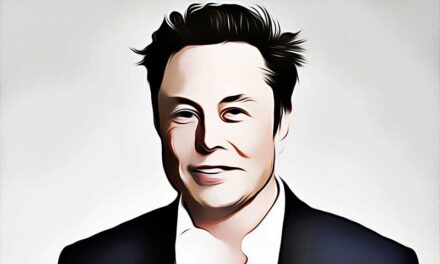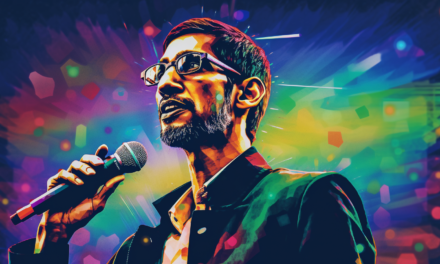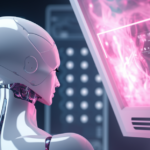- AI has demonstrated its ability to accurately interpret mammograms, detecting breast cancer at rates comparable to experienced radiologists, thus revolutionizing breast cancer detection.
- A study showed that AI not only improved cancer detection rates but also significantly reduced the workload of radiologists, highlighting AI’s transformative role in healthcare.
- Despite AI’s promising progress, experts recommend cautious integration, underlining that radiologists’ expertise remains crucial to patient care.
Artificial Intelligence (AI) has made significant strides in the realm of breast cancer detection, making a powerful case for the transformation of healthcare. Recent preliminary research showcases AI’s capability to accurately interpret mammogram images, detecting breast cancer at rates similar to those of experienced radiologists.
A large-scale study in Sweden involved over 80,000 women, average age of 54. These participants were part of a randomized control trial that compared the traditional approach of mammogram analysis by two radiologists to a novel approach that incorporated AI.
The mammogram images from the participants were divided into two groups. The first group’s images were analyzed by two radiologists, mirroring standard procedure. The other group saw their mammograms examined by AI first, followed by an experienced radiologist’s review. A noteworthy 20% increase in cancer detection was observed in the group that used AI assistance compared to the traditional group.
The impact of AI technology was further magnified when it revealed a reduced reading workload for radiologists by 44%. The trial did not measure the precise time saved, but an inference was made that a single radiologist could have taken four to six months less to review approximately 40,000 screening exams, with the help of AI, compared to two radiologists working without it.
Critics might question the accuracy of AI and the potential for false positives. However, the researchers assert that the use of AI did not augment the number of false positives where a mammogram could be erroneously diagnosed as abnormal despite the absence of cancer.
Several ongoing programs aim to harness AI for cancer detection and to improve patient prognosis. One program at MIT has been developed to predict the future risk of breast cancer based on current mammograms, a capability not yet mastered by doctors.
Though AI is still in its nascent stage, its potential is not lost on the scientific community. The technology is finding use in various healthcare avenues including drug discovery and patient-doctor communication.
However, it’s not time to replace radiologists with AI just yet. The authors of the study urge caution, stating that their findings alone aren’t sufficient to establish AI’s readiness for implementation in mammography screening.
Radiologists too, perceive AI not as a threat, but as a useful tool akin to a cardiologist’s stethoscope. AI might be ideal for pattern recognition, but radiologists play a much broader role in patient care.
Dr. Laura Heacock, a breast radiologist at NYU Langone Perlmutter Cancer Center, said, “These tools work best when paired with highly trained radiologists who make the final call on your mammogram. Think of it as a tool like a stethoscope for a cardiologist.”
While AI technology is making headway in healthcare, its effectiveness needs to be evaluated over the long term, as the human eye and AI interpret images differently and therefore provide varying predictions. Despite this, many radiologists are excited about the potential benefits that AI brings to their profession.
Dr. Kristina Lång, an associate professor of radiology diagnostics from Lund University in Sweden and a study co-author, believes AI could significantly lighten the workload of radiologists, allowing them to concentrate on advanced diagnostics and potentially shortening patient waiting times.
“The greatest potential of AI right now is that it could allow radiologists to be less burdened by the excessive amount of reading,” said Lång.
AI’s potential is recognized internationally, with experts in the UK acknowledging its promise in breast cancer screening. As Dr. Katharine Halliday, president of the Royal College of Radiologists, shared, “AI holds huge promise and could save clinicians time by maximising our efficiency, supporting our decision-making and helping identify and prioritise the most urgent cases.”
As the healthcare industry continues to grapple with staff shortages and growing patient needs, AI’s role is likely to become more pivotal. However, it remains paramount to conduct further research to fully understand the potential of AI, especially in critical areas like cancer screening.










![Fei-Fei Li and a technical future - NewsBites.AI [Fei-Fei-li picture] looking optimistically into a technical future. Optimistic. Hopeful. Happy. Productive. --ar 16:9. Image courtesy of Midjourney, used with permission. All rights reserved.](https://newsbites.ai/wp-content/uploads/2023/05/Fei-Fei-Li-futuristic-1-150x150.png)
